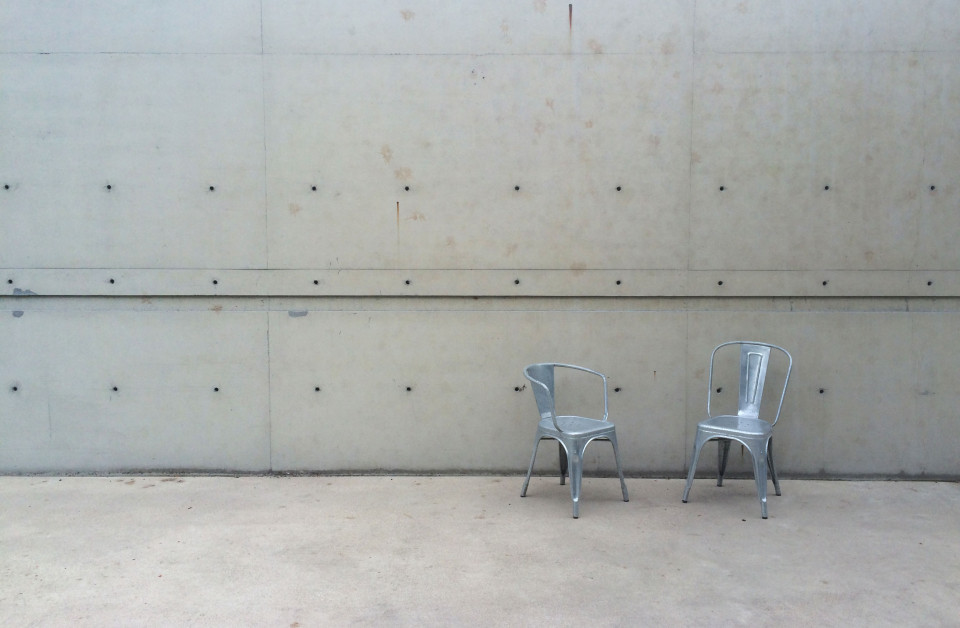Dear Corinne,
As you rightly point out there is a plethora of information on this topic! And yes, there has been a surge of interest in it, in recent years, together with a growing recognition of its place in wellbeing and spiritual formation.
It has a long history going back over the centuries and I can understand how you feel overwhelmed by it all, uncertain about whether to explore it and if so, where to start! So, in the next few letters we will look together at:
- What is meditation?
- How to meditate? (practicalities and practices)
- Why meditate & What are the benefits of meditation?
Let’s begin with the analogy of a skipping rope! I once went to a conference on prayer, where one of the speakers stressed that physical fitness was an important aspect of work/life balance and suggested skipping for ten to fifteen minutes a day, though not necessarily all at once!
I decided to try it and duly purchased a skipping rope, which I kept beside the back door and went out at intervals, into the yard to skip. While I needed to obtain a skipping rope in order to do this, I didn’t improve my fitness by just buying one, keeping it, looking at it. No! … I had to use it!
It is the same with meditation. Of course you need to understand what it is and the reasons for embarking upon it and what the benefits might be, but just reading/researching the topic endlessly will not enable you to do it… in the end you have to start practising it.
So what is meditation? The Oxford dictionary defines the word meditate as, “focus one’s mind for a period of time, in silence, or with the aid of chanting for religious or spiritual purposes, or as a method of relaxation.” And it defines meditation, not surprisingly as, “the action or practice of meditating.
Meditating is for almost anyone and everyone – if you can worry, you can meditate! Although the Bible tells us not to worry, most of us do from time to time! For while worry see us turning over and over in our minds things that we are anxious about, meditating on the Bible can keep our minds focussed on more uplifting thoughts and helps us to hear the voice of God speaking into our lives/circumstances.
Given your interest in words, I thought you might like to know that there are various words for meditation in Hebrew! One is hagah which implies speaking quietly to oneself or muttering. Apparently in ancient Israel meditation involved murmuring or repeating key texts in a low voice. This form of meditation was popular with the Desert Fathers. It was through this that prayer moved from the mind to the heart and to deeper intimacy with God.
The Old Testament also uses another word, suach, which refers to silent reflecting or pondering. There is usually an object in this type of meditation and it commonly focuses on the word of God.
There is a distinct difference between Christian meditation as practised down the centuries by countless followers of Jesus and meditation deriving from other sources. As we let go of the things on our minds, in order to encounter God the Father, Son and Holy Spirit at the depths of our being and to hear his voice. Hence Joyce Huggett’s use of the term Listening Prayer.
I know that Thomas Merton observed, “you can’t learn meditation from a book. You just have to meditate.” However, while I agree with him, there are useful books which show the way and offer practical advice. For example:
More next time!

